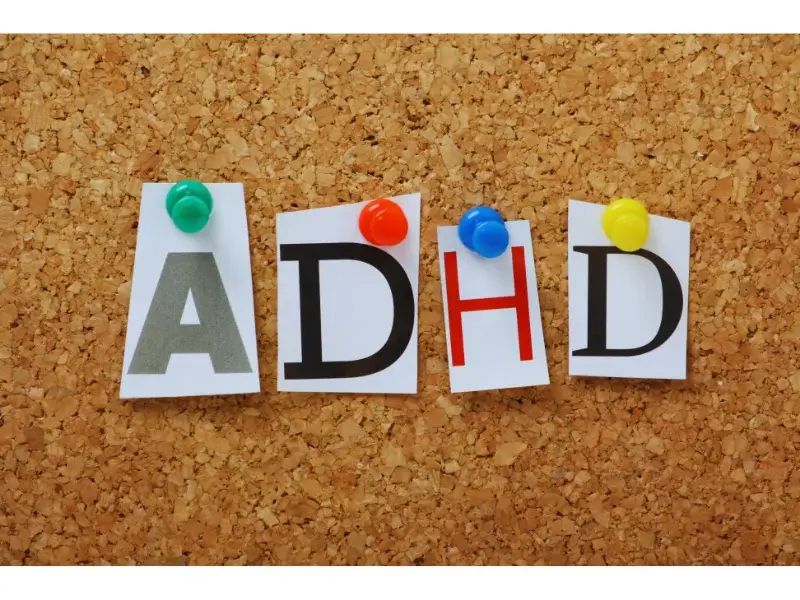 Babies born very premature or severely underweight are at heightened risk of becoming introverted, neurotic, and risk averse as adults, according to a press release from BMJ published by EurekaAlert.
Babies born very premature or severely underweight are at heightened risk of becoming introverted, neurotic, and risk averse as adults, according to a press release from BMJ published by EurekaAlert.
Condensed from research material published online in the Archives of Disease in Childhood (Fetal & Neonatal Edition), the BMJ article says that this personality profile may help explain the higher rates of career and relationship difficulties experienced by this group as adults. The researchers, according to the BMJ account, found evidence showing that many adults born very premature/low birth weight are less likely to go on to higher education or get well paid jobs; and they find it harder to make friends, find long term partners, and become a parent.
Very premature birth at less than 32 weeks and/or very low birth weight of less than 1500g have already been known to be linked to a heightened risk of autistic spectrum behaviours, but it has not yet been established that prematurity and low birth weight might also affect other adult personality traits. To determine whether or not there is such a connection, the researchers compared the personality traits of 200 twenty-six-year-old adults who had been born very prematurely and/or severely underweight with those of 197 similarly-aged young people who had been born at term and within the normal weight range. The participants were either part of the Bavarian Longitudinal Study, which has been tracking the health and well-being of children born in 1985-6 in Southern Bavaria, Germany, and admitted to hospital within 10 days of birth, or those born at term in the same maternity units over the same time-frame.
Personality traits were assessed across five dimensions: introversion; neuroticism (tenseness and anxiety); levels of openness to new experiences; agreeableness; and conscientiousness. The researchers found that adults who had been born very prematurely and/or extremely underweight scored significantly higher than their peers who were born at term on all but two of the personality traits – conscientiousness and openness. Adults who had been born very prematurely and/or extremely underweight also reported significantly higher levels of autistic spectrum behaviours, introversion, neuroticism, agreeableness and lower levels of risk taking. This cluster of traits describes a “socially withdrawn personality,” or someone who is easily worried, less socially engaged, less interested in risk taking, and less communicative, according to the researchers.
“The higher scores of [very premature/low birthweight] adults on the socially withdrawn scale are most likely to be the result of alterations in their brain structure and functioning due to the amalgam of changes in brain development related to premature birth and prenatal and neonatal insult,” the researchers reportedly wrote. Their condition at birth may have likely further exposed them to considerable stressors in neonatal intensive care, which may also affect brain development, and adult adaptation, added to which early birth may prompt their parents to be over protective. All in all, the physiological circumstances of these babies’ birth might help explain the higher rates of career and relationship difficulties they now have in adulthood, the researchers reportedly concludes.





